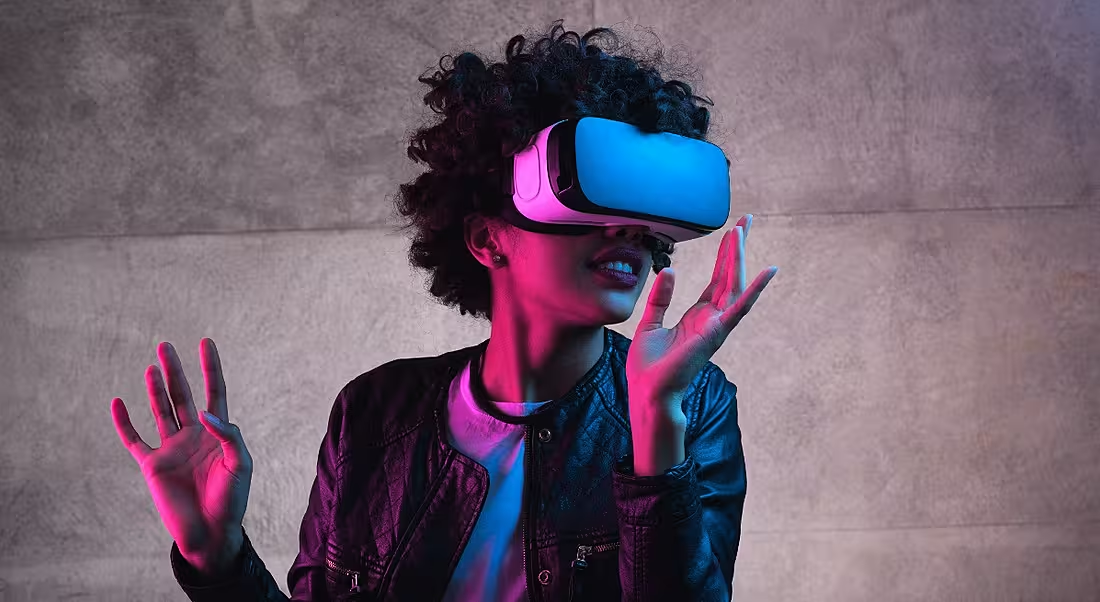With the launch of its Oculus Quest 2, Facebook is targeting people working from home alongside a traditional gaming audience.
Facebook launched its second-generation Oculus Quest headset, a wearable virtual-reality (VR) device, at the all-virtual Facebook Connect conference this week. Though many of the features had been leaked before the announcement, including its longer battery life and lighter fit, the lower cost has come as a surprise for many.
The 64GB version of Quest 2 will retail at $299, a significant reduction from the original Quest that sold for $399. A 256GB Quest 2 will also be available, retailing at $399. According to The Verge, this makes the VR headset one of the cheapest currently on the market.
Another unexpected pivot by the company was its new focus on immersive workplace experiences. Though Facebook has traditionally targeted gaming consumers with its VR technology, it has now announced a product geared towards people working from home.
The product is called Infinite Office. It will allow users to wear the Quest headset and enter a VR office space that can be customised in terms of size, number of screens and more.
With remote working having become the norm for many in recent months, Infinite Office’s goal is to make working from home more immersive. Through linking it with augmented-reality collaboration tool Spatial, for example, teams could get together in virtual meetings. According to Engadget, Facebook is currently testing this combination, but the company has said that initial features will zone in on personal productivity rather than team collaborations.
The company is also working with Logitech to develop a physical keyboard that you can use in a VR environment to overcome typical issues with inputting text in a virtual setting.
In a video promo released by Facebook, a woman is using a Quest headset to switch between different tabs and receive email and instant-messaging notifications.
Infinite Office will begin to become available this winter, according to TechCrunch. “Users will be able to see live feeds from the onboard cameras so that they can integrate the VR world with their own home,” it reported.
Niall Campion, co-founder and director of Dublin-based VRAI, recently told Siliconrepublic.com how his team is already using VR to connect remotely and how he believes this kind of tech could transform the way we work in the future.




